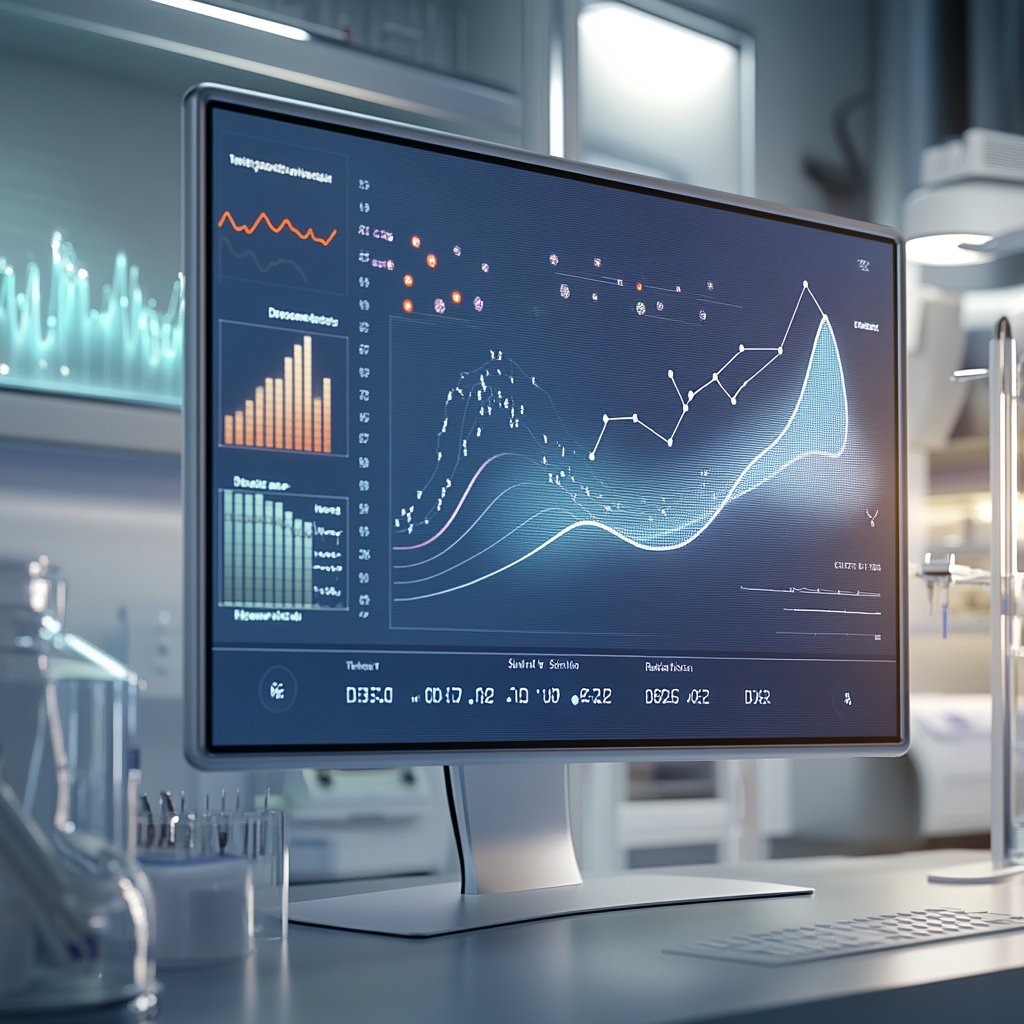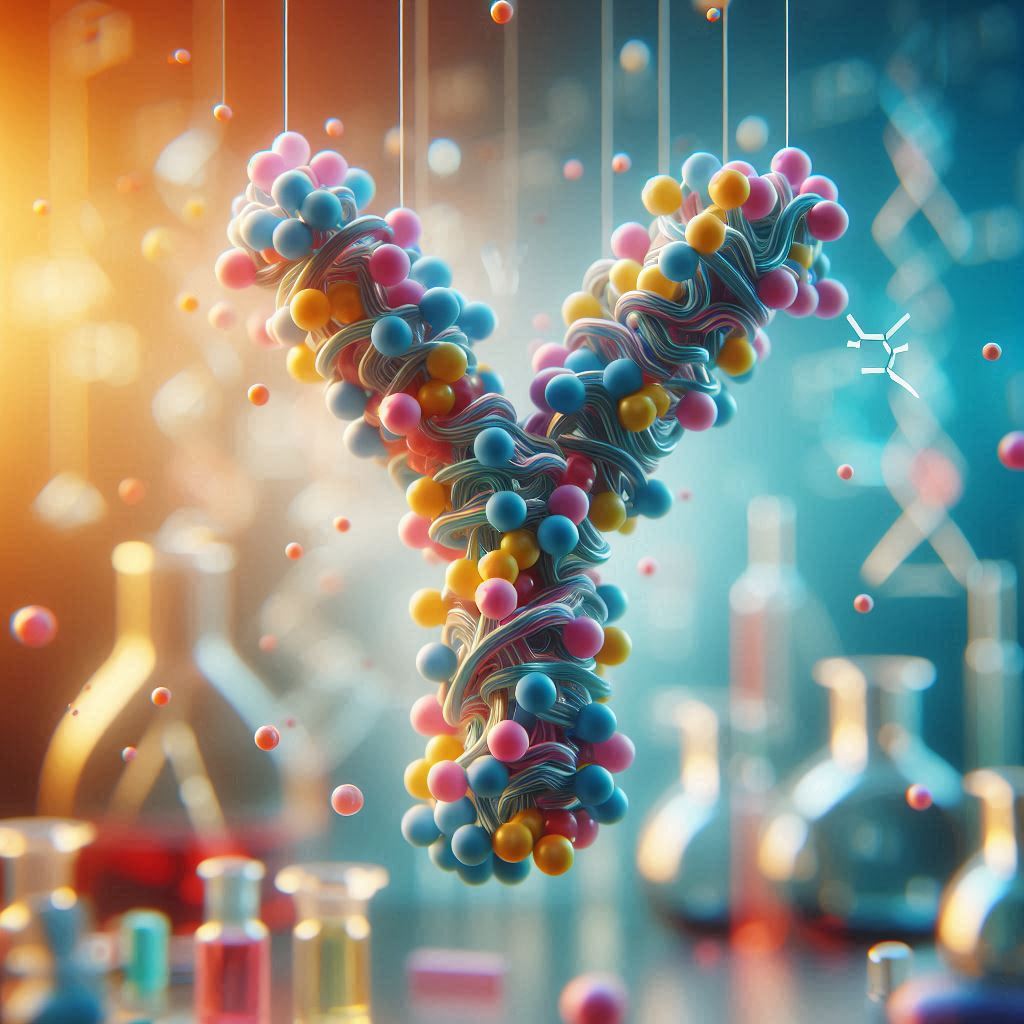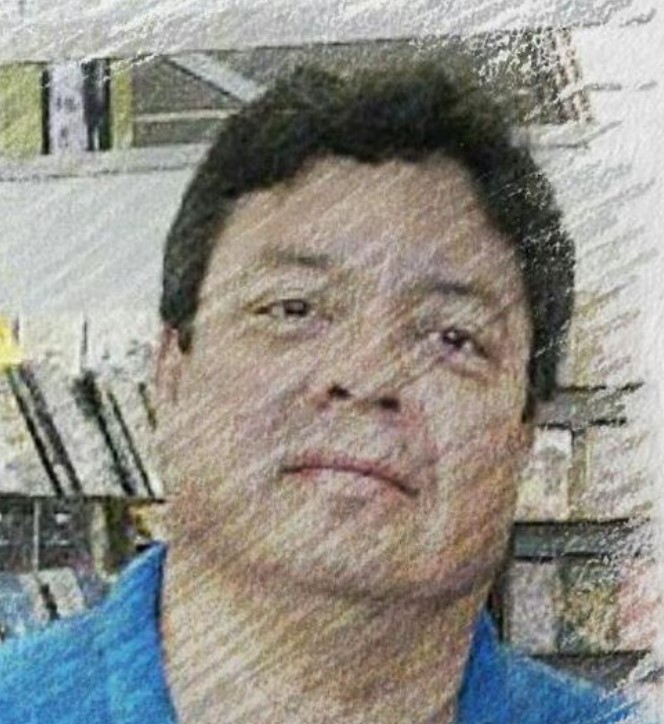-

When Artificial Intelligence Doubts… and That’s Good for the Patient
Dr. Marco V. Benavides Sánchez. Medmultilingua.com / In medicine, getting it wrong simply isn’t an option. A misdiagnosis can alter the entire trajectory of someone’s life. That’s why, when we discuss artificial intelligence (AI) in healthcare, it’s not enough for a system to be merely “accurate” in its predictions: it must also recognise when it…
-

The 44 Technologies That Will Define Our Future: A Guide for Everyone
Dr. Marco V. Benavides Sánchez. Medmultilingua.com / Technology is reshaping our world at unprecedented speed, but not all innovations carry equal weight. Some technologies have the power to redefine economies, national security, and global leadership. A groundbreaking report from the Australian Strategic Policy Institute (ASPI) identifies 44 critical technologies shaping the next decade. This shift…
-

Artificial Intelligence and the Future of Organ Transplantation
Dr. Marco V. Benavides Sánchez. Medmultilingua.com / In medicine, major breakthroughs rarely arrive overnight. More often, they emerge quietly as supportive tools that gradually reshape how decisions are made. Artificial intelligence (AI) fits firmly into this category. It does not replace clinicians, but it is beginning to transform one of the most complex areas of modern…
-

Insulin: The Day Science Turned Miracles into Reality
Dr. Marco V. Benavides Sánchez. Medmultilingua.com . In the winter of 1922, the pediatric diabetes ward at Toronto General Hospital bore witness to a quiet desperation. Decades before modern advances would grant humanity mastery over blood glucose, children afflicted with type 1 diabetes faced an almost inevitable fate: diabetic coma followed by death. Starvation diets—desperate…
-

From Code to Clinic: How AutoML Is Changing the Future of Healthcare
Dr. Marco V. Benavides Sánchez. New tools are automating the creation of artificial intelligence models, allowing more hospitals to access advanced diagnostics and predictions without needing programming experts In any hospital, a physician reviews dozens of clinical studies every day: blood tests, X-rays, medication histories. Hidden within those data could be the key to detecting…
-

James Dewey Watson: The Architect of the Double Helix
Dr. Marco V. Benavides Sánchez. James Dewey Watson, who passed away recently at the age of 97 — as reported on November 7, 2025 — leaves behind an immense scientific legacy, though not without controversy. The American molecular biologist revolutionized our understanding of life’s molecular foundations through the discovery of the double-helix structure of DNA,…

Artificial Intelligence in Medicine




